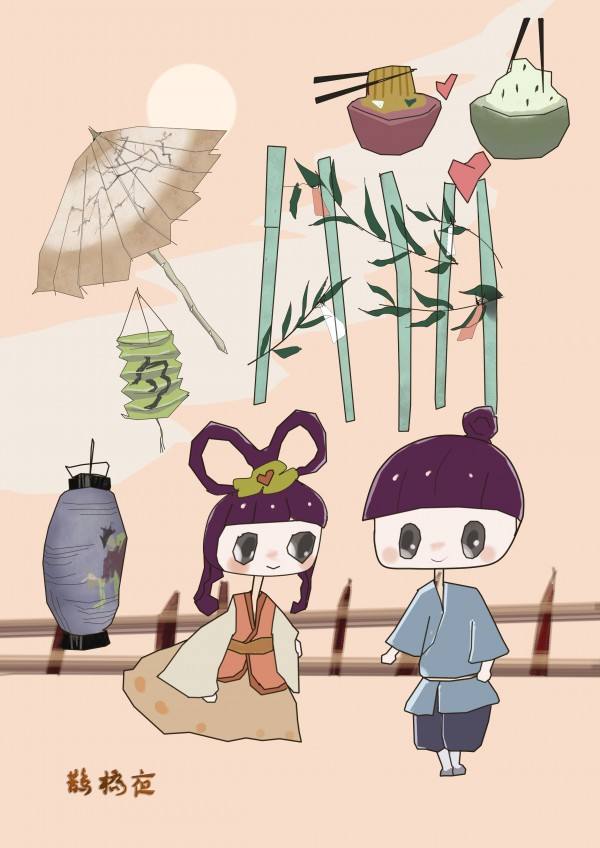《紙片+·中國(guó)節(jié)日》(五)——七夕節(jié)
人們還喜歡在七夕節(jié)這天許愿、祈求姻緣。
On that day, people also like to make wishes and pray for marriage.
牛郎織女的故事在中國(guó)流傳千古,
The story of the Cowherd and the Weaver Fairy has spread through the ages in China.
相傳牛郎和織女被銀河相隔,只有每年農(nóng)歷七月初七他們才能在鵲橋相會(huì),Legend has it that the Cowherd and the Weaver Fairy, separated by the Milky Way, were only allowed to meet on a bridge formed by magpies on the seventh day of the seventh month of the Chinese Lunar Calendar.
被賦予了牛郎織女傳說的七夕節(jié)成為象征愛情的佳節(jié),
The Qixi Festival has therefore become a Chinese traditional festival with both romantic and poignant sentiments.
七夕節(jié)也因此成為中國(guó)傳統(tǒng)節(jié)日中具有浪漫和凄美色彩的節(jié)日。
The Qixi Festival is truly a joyous festival that symbolizes love.
現(xiàn)在,中國(guó)的一些地區(qū)還保留著傳統(tǒng)的乞巧民俗,
Presently, some traditional Qixi Festival folk customs persists in some Chinese regions,
展現(xiàn)著人們對(duì)傳統(tǒng)文化的繼承和對(duì)美好生活的向往。
showcasing transmissions of traditional culture and longing for a better life.
很多夫妻或情侶會(huì)在這天紀(jì)念牛郎織女的重逢,祈求感情天長(zhǎng)地久,對(duì)彼此不離不棄。
Many couples and lovers commemorate the reunion of the Cowherd and Weaver Fairy, pray for lasting love, and promise to never leave or forsake each other.


